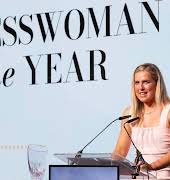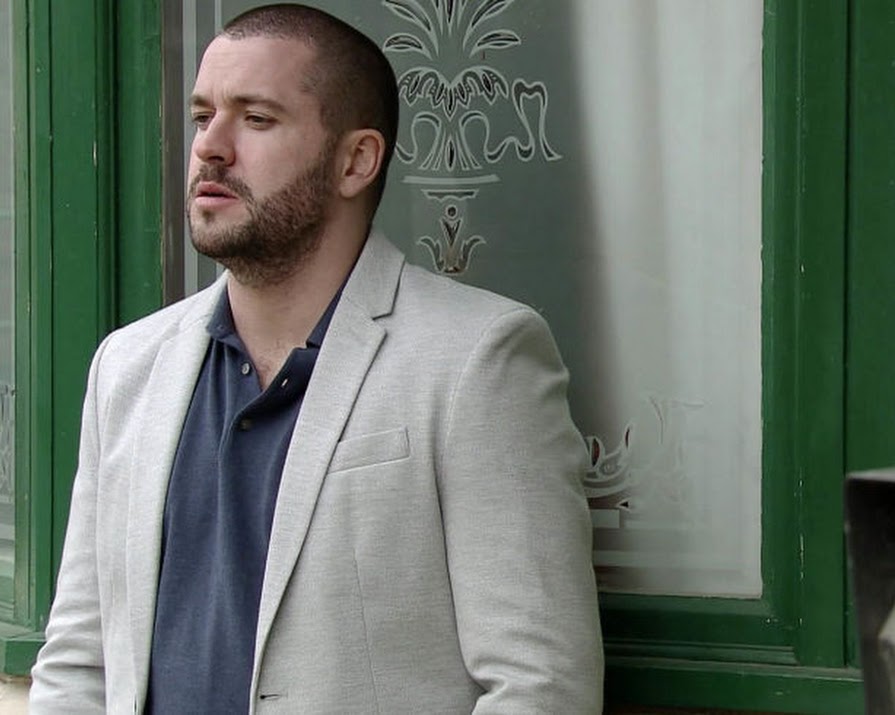By Grace McGettigan
11th May 2018
11th May 2018
TV viewers give soap operas a hard time. With storylines about affairs and murder, they can seem farfetched. But modern British soaps are tackling huge socio and cultural issues. Whether it’s abortion, mental health, race, religion, old age or loneliness; Coronation Street, Emmerdale, and EastEnders have covered it.
Traditionally watched for entertainment and escapism, soaps have been part of viewers’ lives for over 50 years. While the entertainment factor still exists (comedic characters like Norris Cole and Kim Fox will almost always make you laugh) the programs now offer thought-provoking and educational content. Take Corrie’s ongoing suicide storyline. Writers of the Manchester-based soap aim to raise awareness for men’s mental health and suicide; teaming up with charities Samaritans and Calm in order to do it realistically and sensitively.
Producer Kate Oates explained to Express.co.uk how depression and suicide often affect people who appear ‘fine’ to family and friends. Corrie character Aidan Connor had everything going for him; his own business, modern flat, a loving family and friends. As it turned out; ‘he had a dark cloud hanging over his head that nobody could see’. He took his own life at the end of Monday night’s episode and his father discovered his body on Wednesday.
If you have been affected by any of the issues in tonight’s Coronation Street, please visit: https://www.itv.com/advice where help and support is available.#Corrie #Aidan #David #LetsStartTalking #ItsOkNotToBeOk #Talk pic.twitter.com/ZK64g3vlvl
— Coronation Street (@itvcorrie) May 9, 2018
The storyline has garnered huge attention on social media, with thousands of people writing on Twitter, Facebook and Instagram that it’s ‘good to talk’. Others have shared phone numbers for suicide prevention helplines, while some have admitted it’s helped them cope with their own mental health issues. Shayne Ward who played the role of Aidan said, “A lot of people who are considering attempting suicide have gotten in touch to say, ‘I’m calling somebody now. I was attempting it and you’ve helped me’. The response has been truly overwhelming,” he told The Sun.
Importantly, the on-screen reaction to Aidan’s suicide is mixed and reflective of general society. Some characters label his actions as ‘selfish’, others feel guilty for not picking up on potential signals sooner. Others are distraught with grief, while some (including David Platt) are encouraged to open up about their own depression. After bottling up his feelings for weeks, David realised he didn’t want to end up like Aidan. ‘I want to live’, he said at the end of Wednesday night’s episode.
“I like to think we look out for each other round here, and without being nosy know what’s going on in each other’s lives… “
“But you don’t, do you.” ?
You are not alone. If you need someone to talk to, support and information is available at: https://www.itv.com/advice #Corrie pic.twitter.com/vTSNp2UanS
— Coronation Street (@itvcorrie) May 9, 2018
Not only is this storyline something that affects real people on a daily basis, it’s being told to us by characters we see every day; people we’ve come to know, relate to and trust. Many of us see these characters more often than our friends. Their lives are intertwined with ours and reflect the real situations we’re going through. It’s easy to develop an attachment to them; we cry when they cry and smile when they smile.
Soaps also initiate conversations about cultural issues; such as a young Muslim woman admitting to her strict, conservative parents that she’s gay; the need for social welfare and amenities in certain communities (as well as a realistic depiction of people who cheat the system); the treatment of people with disabilities in the community; and the need for better care of the elderly.
A good program is one that makes the audience think, talk, and ask questions; and if recent episodes are anything to go by, modern British soap operas are definitely ones to watch.
Photo: Coronation Street, ITV






















